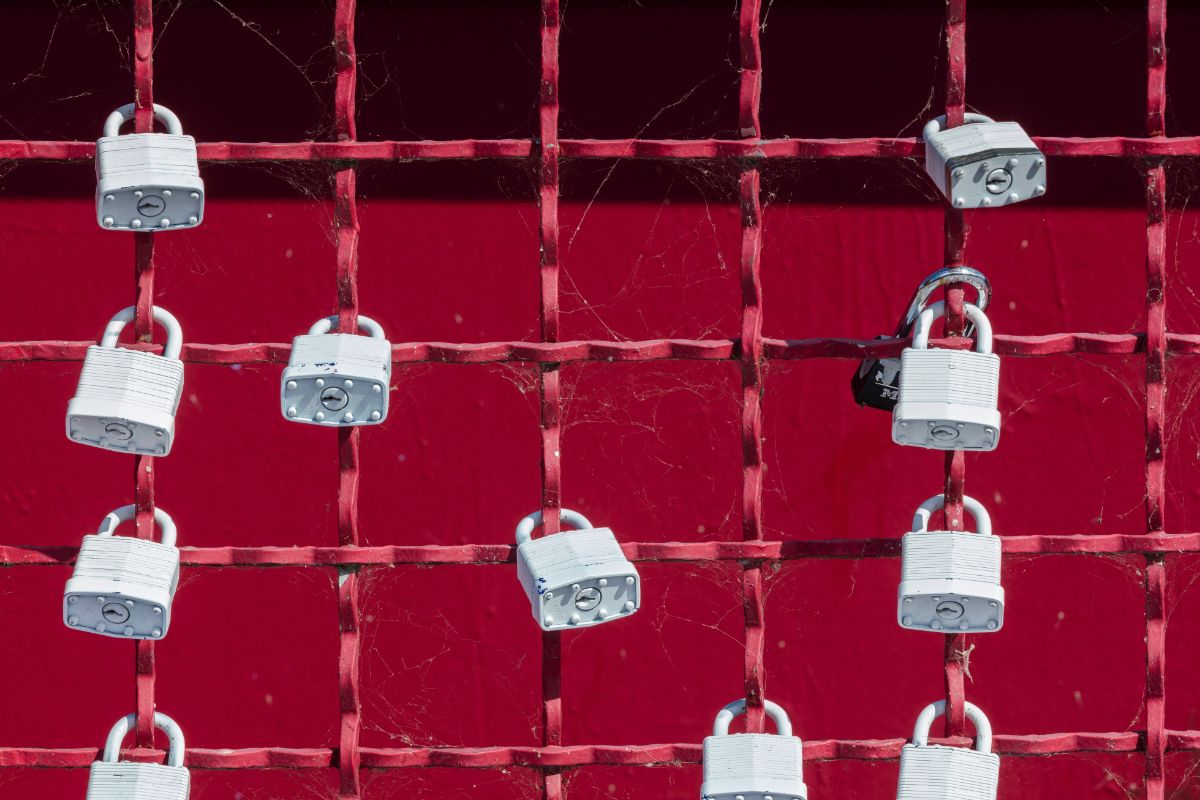The advent of the Internet has greatly simplified many human tasks. We can receive, and send any information, but sometimes we forget about the most important thing – the possibility of losing personal data. Malefactors do not sleep and are always ready to snatch them from an honest citizen in order to use the information for their criminal purposes. That is why you should be more careful online, assess the risks, and protect yourself from disastrous consequences.
US Identity Theft: The Stark Reality is actively tracking data theft rates on the network. And they give the real sums of money that such attacks cost. According to data in 2019, scammers caused more than $500 billion in damage. And in 2020 that figure has grown to 712 billion.

https://unsplash.com/photos/bBavss4ZQcA
How to understand what is data theft on the World Wide Web
Data theft is understood as a situation when someone uses personal data or financial information of another person, without the knowledge of the owner. This could be:
- name and address;
- details of payment instruments (card, account);
- online payment platforms
- data of social or health insurance, etc.
Some people do not understand where such information can be applied on the Internet in order to get real benefits. Meanwhile, there are a lot of options, among them:
- buying things, equipment, and other goods in online stores and offline points of sale;
- opening new credit cards;
- receiving a phone bill, housing, and communal services;
- theft of refundable funds from the tax service that belonged to you;
- receiving medical care;
- the opportunity to introduce yourself as another person when detained by law enforcement agencies.
Compromising data security can be costly for your business. Take, for instance, the healthcare domain. Last year, the HIPAA Journal reported over 600 data breaches that compromised millions of patient records. Providers faced serious consequences of negligence in data security.
How to deal with it
No one will name the exact recipes for the fight, because scammers come up with new schemes of illegal actions every day. To track the activity of intruders, you can use special services for protection and monitoring. There are also 5 ways to help keep your data safe.
- Save the key – social security number. It is he who is able to open your personal data to intruders, so your social security number should be protected with maximum effort. Always ask the services that will ask for this information about how they can guarantee your safety. You should not carry the card with you, and all documents where its details appear must be protected or destroyed in time if they are no longer of value.
- Loan freeze. According to Smarts, there are three major credit bureaus: Equifax, Experian, and TransUnion. In each of them, you can freeze your credit to restrict access to the existing records. In this case, the credit files will be closed. Note that freezing and unfreezing are free services that will significantly increase the level of your information security.
- Phishing and spoofing are reasons to be on your guard. What scammers do not go to get your information: calls on behalf of government services, enterprises, and e-mails with quite serious data. You do not need to immediately respond to such calls with answers, indicating personal information. Always double-check them with callbacks or letters to real numbers and mail. Act only through the official websites of institutions that you will find, and not by clicking on links from suspicious letters. And yes, don’t open attachments – they can be dangerous.
- Passwords and authentication steps. Consideration should be given to creating and storing passwords. Old passwords should not be used, and complex ones should be entrusted to a special password manager. The authenticator app is your web companion. It will significantly reduce the chances of your account being hacked. Test questions are no longer a panacea. In addition, often, the answers to the simplest questions can be found in the profile of social networks (the name of the pet, mother, name of the city, etc.). This is a reason to think about the pages in social networks, where you need to be more prudent in the dissemination of personal information. The less, the better.
- Alerts. They are especially common with financial institutions and allow you to track any attempts to do something with your savings. You will be able to control where the cards are used, the frequency of withdrawals from the account and the amounts, etc.
Conclusion
Only virtual literacy and control in the dissemination of data can help you in the fight for a safe personal space, without fraudsters. Save your money, save time and hassle, just by following the advice of our article. In addition, you can always have a look at many explainer videos on the internet about data protection.
- Coinsmart. Europe’s Best Bitcoin and Crypto Exchange. Click Here
- Platoblockchain. Web3 Metaverse Intelligence. Knowledge Amplified. Access Here.
- Source: Plato Data Intelligence: Platodata.ai



